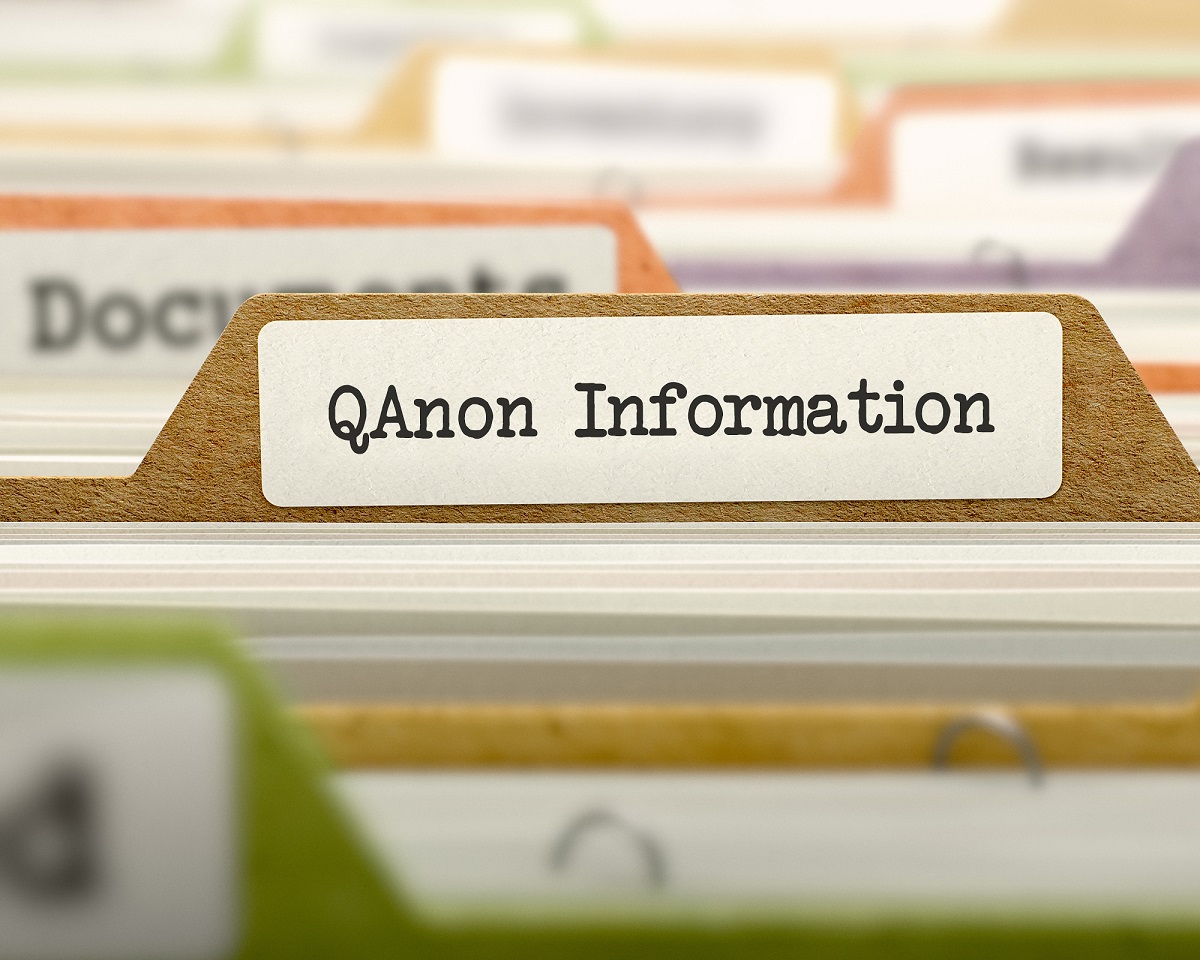
At anti-mask demonstrations across North America, protestors are proclaiming that wearing a mask has nothing to do with health and everything to do with “acclimatizing the sheeple to a muzzle.” They think that COVID-19 is a hoax generated by the “deep state” and that masks are part of the vast conspiracy to deny the populace their freedoms.
Scratch the surface further, and more conspiracies emerge. Many anti-maskers believe that this pandemic was engineered by Bill Gates and Dr. Anthony Fauci to get rich, that the World Health Organization (WHO) takes orders from the Illuminati, and COVID-19 is spreading because 5G cellular networks are being implemented all over the world.
Where do these conspiracy theories come from? Many come from an anonymous Internet poster who refers to himself as “Q.” These collective conspiracy theories are known as QAnon. To followers of QAnon, everything said by Q might as well be gospel.
So, who is Q and why do so many people believe in him despite many of his unsubstantiated claims? Q is a poster on 8chan (a.k.a. 8kun), a message board that is previously known for spreading white supremacy, child pornography, and manifestos of mass shooters—the most famous of which was the Christchurch mosque shootings, in which the perpetrator shared links on 8chan to a live stream of his violent acts, with forum commenters cheering him on.
Despite the dubious reputation of 8chan, Q claims to be a U.S. military intelligence officer. Thus far, Q has never proven that he’s any kind of government insider. Q claims to have classified information about a “deep state” plot against President Trump and his supporters. According to Q, the “deep state” is plotting against Trump because he is trying to stop an international child sex ring perpetrated by Democrats, celebrities, and billionaires. I guess Trump was undercover when he was palling around with Jeffery Epstein and Ghislaine Maxwell?
Anyway, it’s important to pause here and reflect on Q’s hypocrisy. As I mentioned before, 8chan —where Q disseminates his messages—is notorious for spreading child pornography. In 2019, Internet activists (including 8chan’s founder) successfully petitioned the site’s service providers to shut the message board down.
After disappearing for a few months, the site rebranded as 8kun and returned online. Frederick Brennan, 8chan’s estranged founder, said the site’s future success was dependent on traffic generated by Q and its followers. Thus, while QAnon supporters may believe that they’re fighting against an international child sex ring, they may be spreading another one.
One of the reasons that Q continues to be trusted by so many people is because trust, itself, has been eroded on social media. Institutions that are supposed to have people’s best interests at heart consistently let people down. For example, the CDC botched the USA’s initial COVID-19 response through faulty testing. While we know that this is not the sole reason for America’s ever-increasing COVID-19 numbers (at last count, 4.1 million Americans have been diagnosed and 145k have died)—it’s not surprising that the average American may not trust the CDC’s tweets.
With this void in trust, social network algorithms urge that users follow conspiracy theories. That’s right, Facebook is not just hosting QAnon groups, it’s actively recommending them. On platforms where many users have a hard time sorting real news from fake news—they are more likely to assume that what they are reading on social media is factual.
This is true for many QAnon supporters but not all. To others, the spread of QAnon conspiracy theories is neither about truth nor trustworthiness—it’s about winning. In this hyper-partisan climate where nearly everything is politicized, it’s unsettling to know that so many people refuse to follow life-saving protocol, just so they can “stick it” to the other team.

